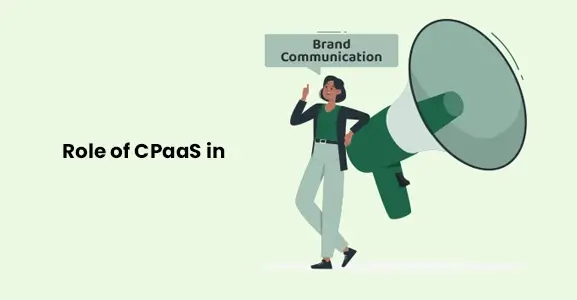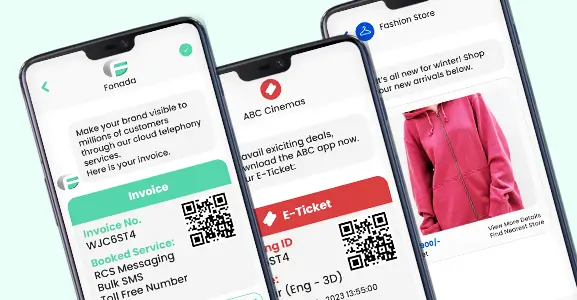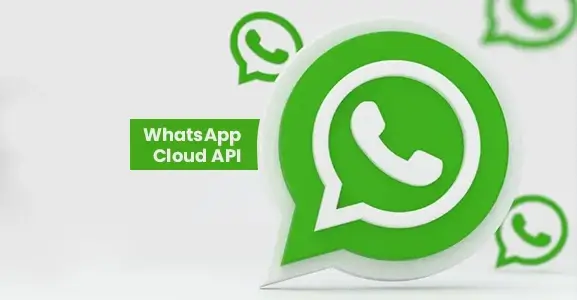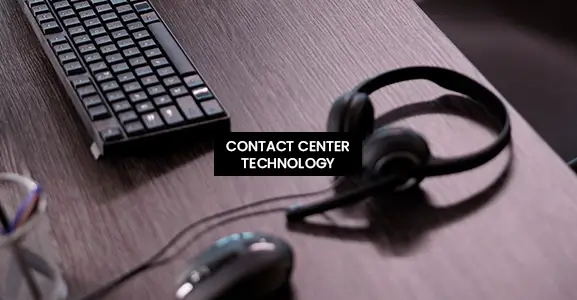Have you ever wondered why businesses have been shifting exponentially from plain text messaging to RCS messaging? Well, the answer lies in its ease of use and effectiveness. RCS has proven to be highly efficient and effective, whereas SMS falls behind in many cases.
However, this doesn’t mean SMS is completely obsolete. SMS still holds a lot of significance in the current business environment. Also, its fallback feature empowers RCS service. In this blog post, we will discuss how RCS backed by SMS emerges as a reliable solution to ensure the delivery of each message, even with technological challenges.
RCS Messaging: Meaning And Significance
RCS can be considered the successor to the current SMS messaging service. It comes with various interactive features designed to boost reader engagement and open rates. In today’s business landscape, RCS acts as a communication bridge between customers and businesses.
It breaks all the limitations that come with traditional SMS messaging, such as the group chat feature, typing notification, user tagging, location sharing, message delivery status, High-quality media sharing, and end-to-end encryption. With these features, RCS becomes a powerful tool for communication and helps businesses connect with their customers seamlessly.
Understanding RCS Backed By SMS Fallback
RCS, backed by SMS fallback, refers to a messaging solution that uses the advanced RCS features to ensure that messages can still be delivered via SMS when RCS is not available or unsupported. With this approach, businesses are able to deliver messages seamlessly to all devices, including those without RCS support.
For example, a business with a huge customer base wants to connect with its audience to inform them about upcoming deals and discounts. However, since RCS messaging has device compatibility limitations and can only be sent to RCS-enabled devices, not all customers will receive these messages.
In such as situation, RCS fallback SMS acts as a communication bridge between business and customer. It ensures absolute delivery of messages to all non-RCS compatible devices, helping businesses efficiently reach their target audience.
SMS Fallback Life Cycle
SMS callback acts as a fail-safe mechanism that ensures the absolute delivery of messages when other channels encounter technical issues with delivery.
1. Messaging Protocol Development
Service providers integrate SMS fallback into messaging protocol. This protocol not only defines the transmission rules but also includes backup mechanisms, which are highly important for messaging transmission continuation even in case of difficulties.
2. Alternative Messages Channel Activation
Each message is transmitted through a messaging app or platform. The system is pre-programmed to attempt to reach the main communication channel, which is the Internet or push notifications.
3. Activation Trigger
The system is designed to activate itself whenever there are instances of network glitches or device incompatibility. SMS fallbacks become the prime channel for message transmission.
4. SMS Message Delivery
The journey begins as the message adopts the SMS format to ensure its arrival at the recipient’s device. This guarantees its expected delivery even with the device’s non-compatibility with RCS.
5. Compatibility Across Devices
SMS fallback is compatible with a wide range of devices, including Apple devices like iPhones. Even if the recipient is using iMessage as their primary messaging platform, SMS fallback ensures that the message is delivered as a standard SMS text, bypassing any restrictions associated with internet-based messaging platforms.
How Does Fonada’s RCS Messaging Service Backed By SMS Fallback Work?
Here is step by step guide that will help you understand how Fonada’s RCS messaging backed by SMS fallback work
Step 1: Log in to the RCS panel using your credentials.
Step 2: Upon login, you will be redirected to the dashboard where you can view information about all your running campaigns.
Step 3: To create an RCS campaign, start by creating a template. There are different types of templates available for RCS, SMS, and URL shortening.
Step 4: Now, select each template one by one to complete the campaign creation process.
For RCS
Go to Add Template and fill in all the given fields, such as template name, template type you want to use, pick card orientation, media height, Image/video, card type, card description and suggested actions/ reply button.
Once done with providing all the details, click on the submit button to save all the changes you made. Your RCS template is now saved.
SMS Template
For SMS templates, go to Add SMS Template and fill in details such as template name, message type, sender, DLT template ID, DLT principal entity ID, and message content. Click submit to save the SMS template.
Step 5: Now, go to the campaign and click on the “add campaign” button to start your RCS journey. Fill in all the details, such as
- Campaign name
- Description
- Message Type – RCS, SMS or RCS fallback SMS
Select The Template List For RCS
Select the Template list for SMS and click on the submit button.
Voila – Your campaign has been created successfully!
Once you create your campaign, it will appear in the list.
Step 6: Go to the lead section and add lead data by filling in all the required fields. You can also test your campaign before going live to check its effectiveness.
Your lead is created successfully.
Step 7: Check your lead data in the lead list, which includes information about all RCS-compatible and non-compatible numbers.
Messages will be delivered to RCS numbers, and in case of device compatibility issues, SMS fallback will automatically trigger and send messages in a standard text form to non-RCS devices.
Step 8: You can access a complete report of your running campaign by downloading it from the Reports section in detailed, summary, and user lead form.
Step 9: Use the Blacklist option to filter out spam numbers from the lead list
Benefits Of Using Fonada’s RCS Backed By SMS Fallback
The SMS fallback feature, which comes with Fonada’s RCS, is designed to eliminate all the possible SMS delivery hurdles and ensure smooth messaging communication among businesses and customers.
Some of the prime benefits of using Foanda’s RCS messaging are inked below:
1. High Deliverability
The RCS backed by SMS feature ensures absolute message delivery, regardless of device compatibility and network coverage. Fonada added a unique touch to its RCS messaging service with this feature. Businesses can ensure that all important messages are promptly delivered to users.
2. Cost-Effectiveness
Fonada’s RCS, followed by SMS fallback service, does not incur any additional charges for this premium feature. It works within standard text message packages offered by mobile carriers. This helps businesses communicate effortlessly with their target audience without any extra charges.
3. Compatibility Across Devices And Networks
Fonada’s RCS messaging service is highly compatible with an array of devices, aiming to offer broad accessibility for both Android and iOS users. It works smoothly across various cellular network types, which helps businesses reach a broader audience.
4-Backup Option For Important Messages
SMS fallback provides a dependable backup option for businesses sending critical information, such as account alerts, appointment reminders, or authentication codes. This safeguards against missed opportunities or communication failures.
Conclusion
Integration of the RCS fallback SMS feature into RCS Messaging revolutionizes the reliability of the entire RCS messaging service and ensures lag-free SMS delivery. With this feature, businesses no longer have to worry about reaching target audiences that are still using outdated or non-RCS-compatible devices.
FAQs
No, it is integrated by the service provider within RCS
No, It works within standard text message packages offered by mobile carriers.
SMS fallback is an advanced feature that ensures that if the recipient’s device is not RCS compatible, it still receives SMS through standard SMS.

Dec 11, 2024
Top Contact Center Optimization Tools For 2024
“A thriving business knows how to fetch maximum output from limited resources by optimizing ca... Read More
Nov 13, 2024
What Is Brand Communication? CPaaS Role Explained
Did you ever wonder why some advertisements grab your attention instantly, while others do not? The... Read More
Nov 01, 2024
What Is Automated Messaging And How Does It Work?
Automated messaging or text automation empowers businesses and marketing professionals to connect wi... Read MoreLatest Updates
From Fonada
Industry Insights, Trends, Innovations, Updates, and Case Studies from Industry Experts
View
Customer
Reviews
Discover why our customers love us - read their authentic and heartfelt reviews!
View
Case
Studies
Explore real-life scenarios, offering analysis, and solutions to practical challenges
View
Convert Leads Into Sales With Fonada
Trusted CPaaS Solution Provider







